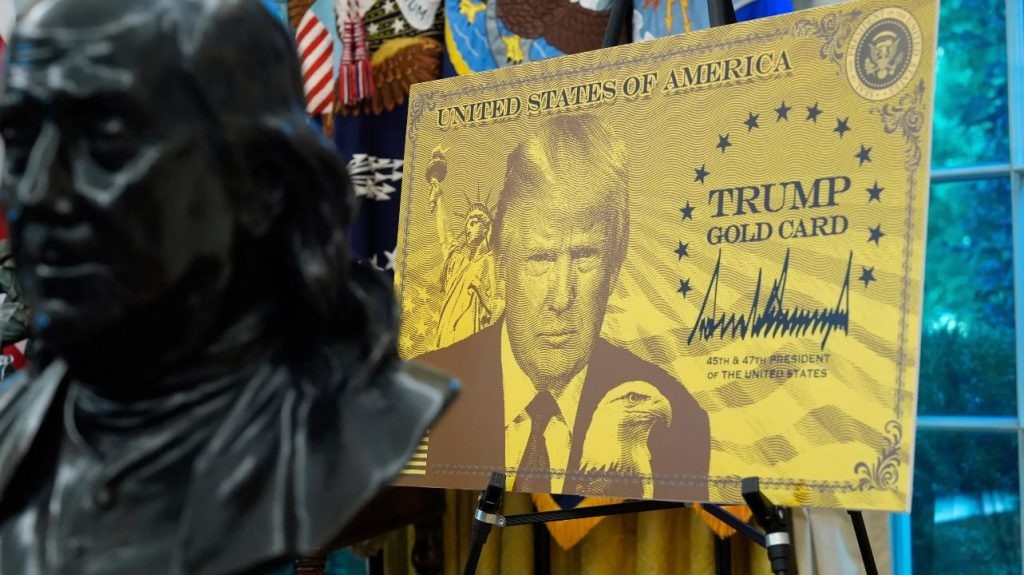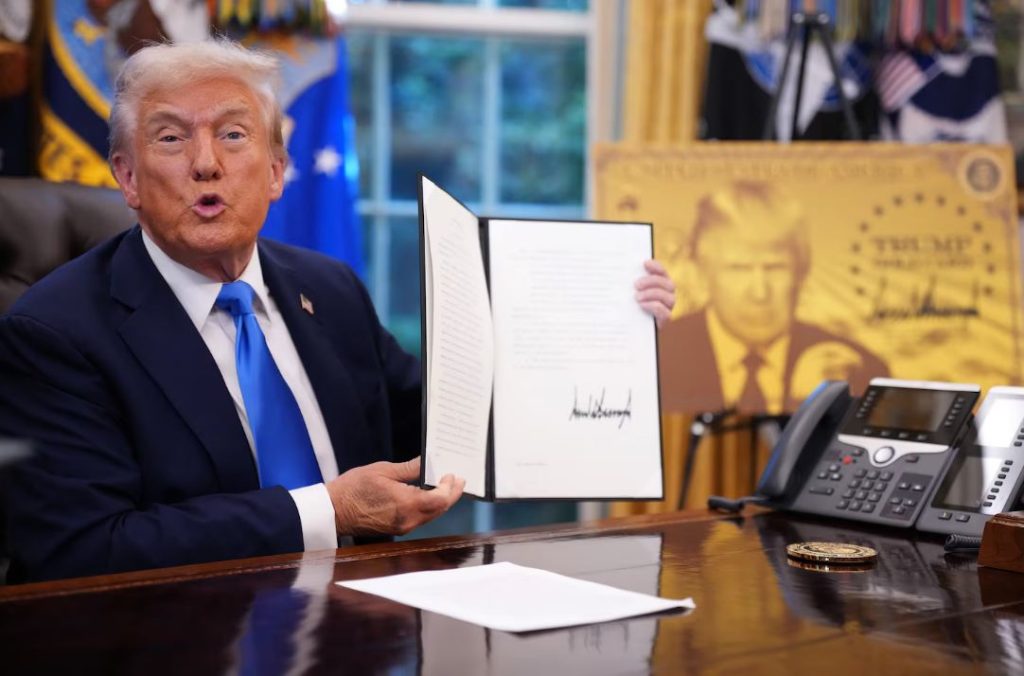President Donald Trump has signed an order raising the cost of the H-1B visa dramatically. What once cost about US$1,500 is now being set to more than US$100,000 per year for companies when bringing in skilled foreign workers. This change is meant to apply to new visa applicants, starting immediately, and to last throughout the duration of the visa (which can be up to six years).
Who Will Be Most Affected
This move targets those in the technology, engineering, scientific, and other high-skill sectors who rely heavily on foreign talent to fill roles. Major employers in tech such as large software firms, research labs, and companies involved in innovation are expected to see their costs increase drastically. Small firms and startups will likely feel the impact especially strongly, as absorbing such a steep fee may become impossible for many.

Rationale Behind the Change
The administration argues the hike is necessary to stop abuse of the program. Officials claim that some companies have overused the visa scheme, hiring foreign nationals at lower wages than comparable U.S. workers. The new fee is positioned as a way to force firms to think carefully about whether a role truly requires foreign talent, or if it could be filled domestically. According to officials, only the most highly skilled workers will justify the investment.
Reactions from the Tech Industry
Many in the tech world are alarmed. Companies that hire H-1B workers say this could undermine the program’s purpose by making it unaffordable. Some have warned it may lead to moving work overseas, reducing competitiveness, and slowing innovation. A number of firms have reportedly begun internal planning to deal with the change—adjusting budgets, rethinking hiring plans, and in some cases advising visa-holders on their options.
“Gold Card” Option
Alongside the fee hike, a new “gold card” program has been introduced. This program allows someone to fast-track permanent residency if they can pay US$1 million. It is another route intended for individuals with significant financial means, offering them preferential access in the immigration system.
Potential Effects and Consequences
If enforced, the higher fee may transform how U.S. companies use the H-1B program. Roles that might once have gone to foreign nationals could instead be filled by U.S. workers, but only if those workers exist with the right skills and credentials. There is concern that fewer people from abroad will apply, particularly recent graduates, international students, or those early in their careers. The U.S. may also lose out on some of the global talent that has long driven innovation and competitiveness. Critics argue that this could lead to labor shortages in areas where domestic candidates are scarce. Also, there are questions about fairness and access—whether smaller firms will be shut out, and whether the new costs will reshape the workforce towards bigger corporations.

What Happens Next
These changes are expected to start affecting new visa applications immediately. Companies with current H-1B holders may not be immediately affected, though renewals and extensions could be subject to the new fee structure. Legal experts predict that this policy will face challenges from industry groups and potentially in court, particularly over how legal authority applies to fee setting. For now, the policy represents one of the most significant shifts in U.S. immigration policy in recent years—a dramatic reworking of how the country finances, values, and selects skilled foreign workers.

















